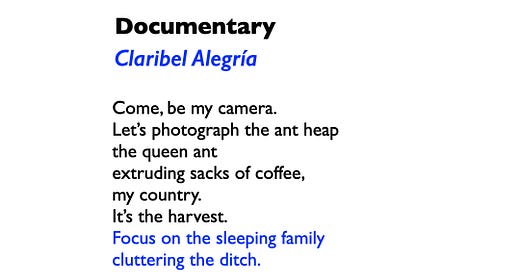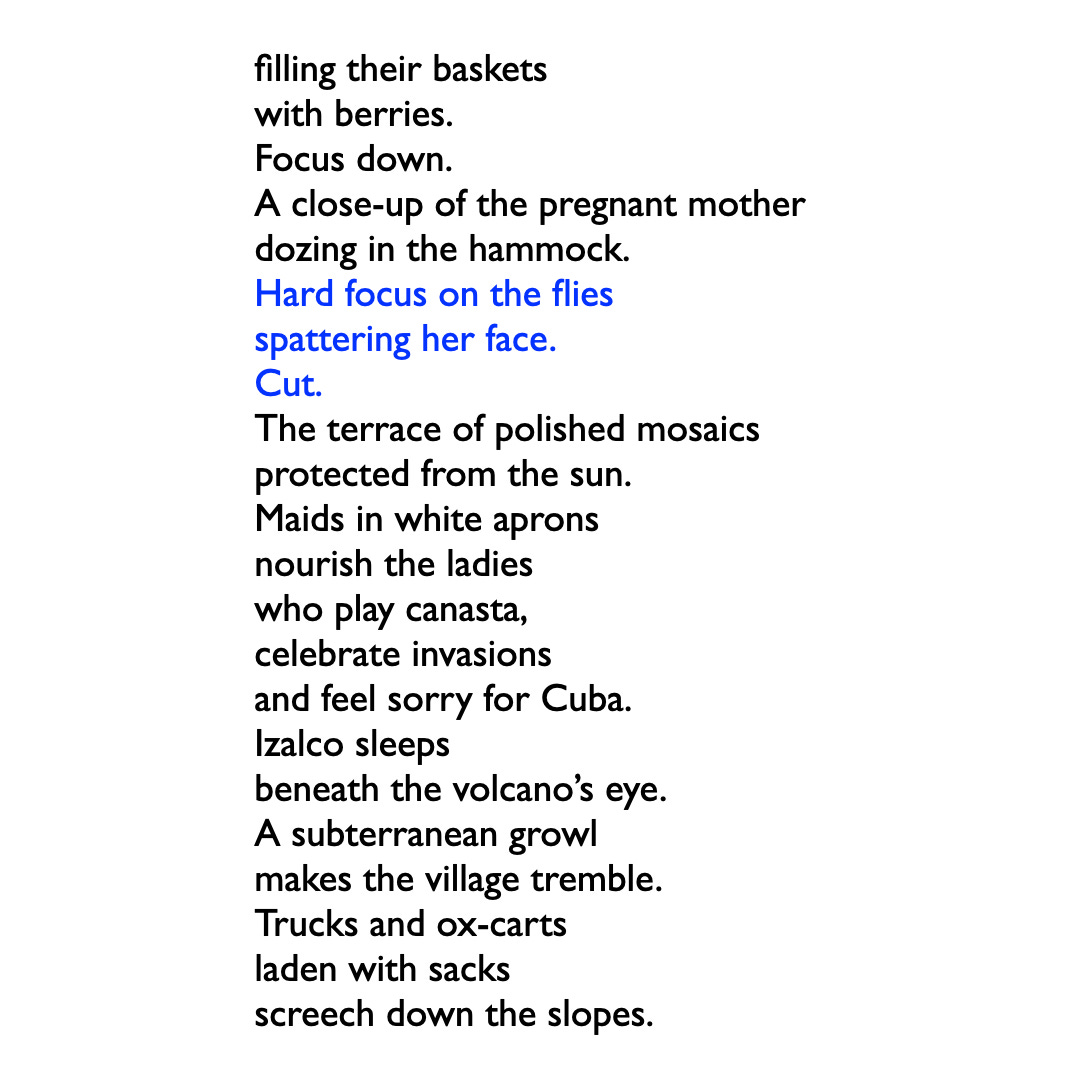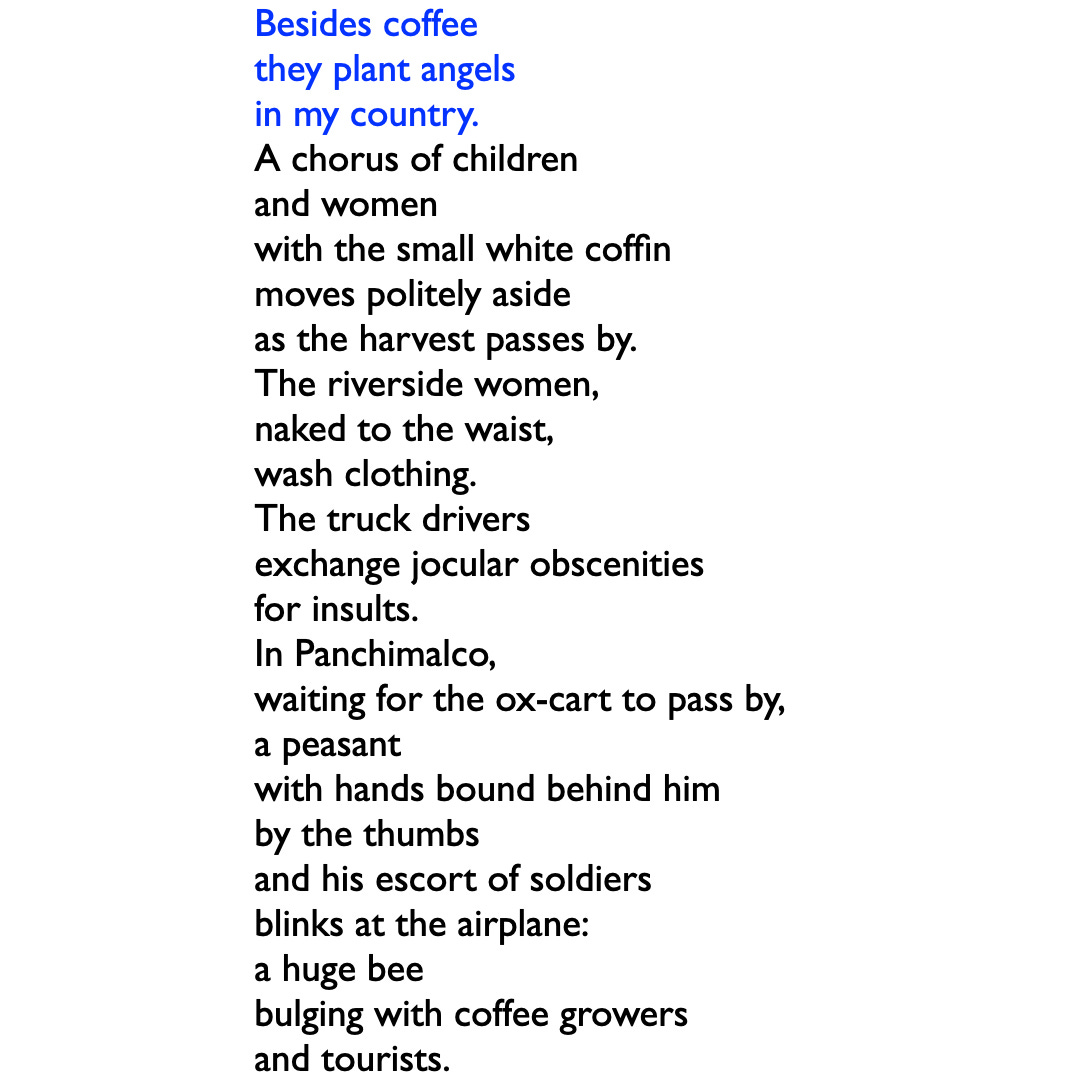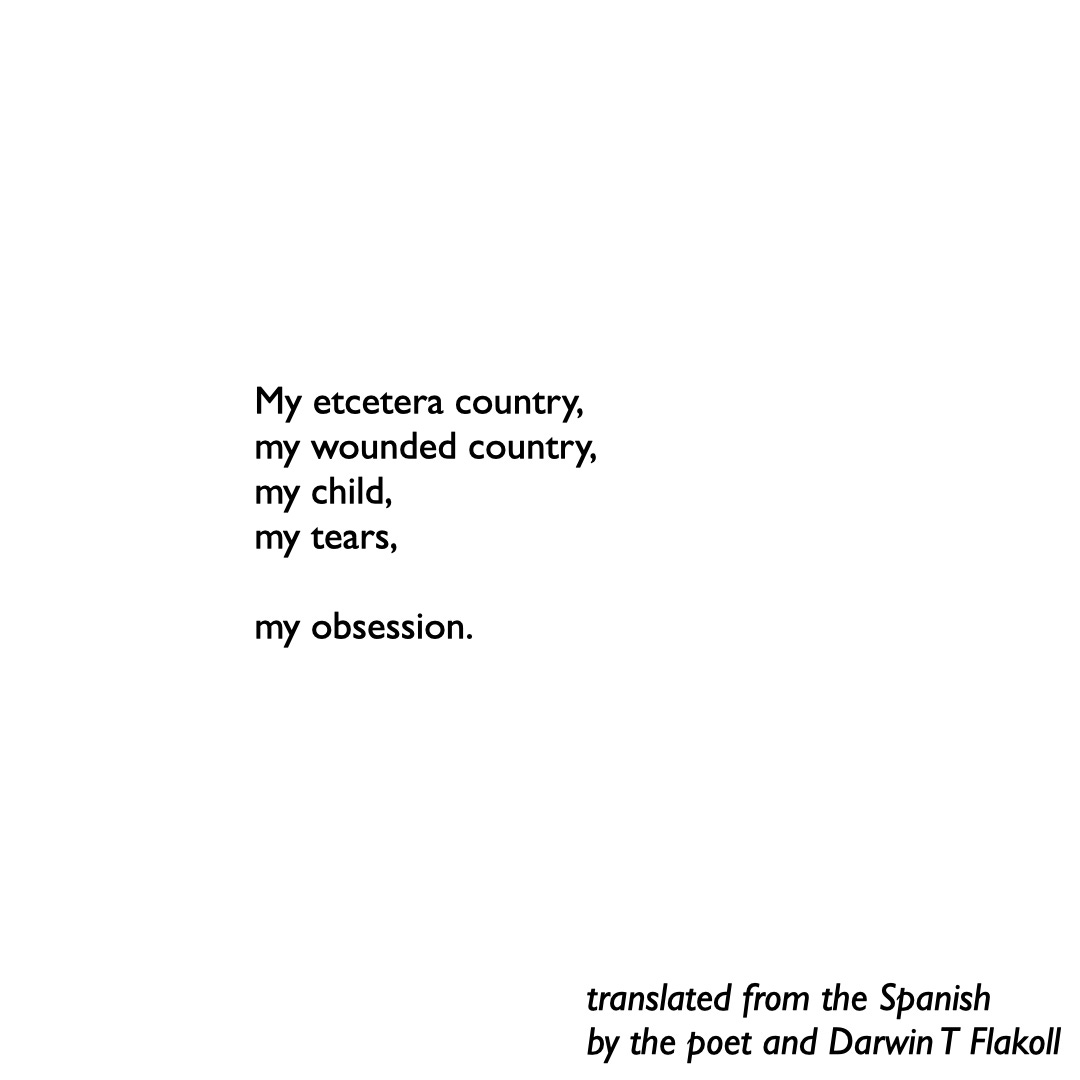A couple of ‘headlines’ to contextualise why I’m sharing this poem today:
Nainital residence of former Union Minister and Congress leader Salman Khurshid
vandalized today.
A Crime to ask Questions in BJP’s Hindu Rashtra?In seven years, 10,552 Indians have been arrested under UAPA and 253 convicted
The ‘incarceration, individual rebellion and political killings’ section includes the continued imprisonment of the journalist Siddique Kappan, and the surviving members of the “Bhima Koregaon 16”. Anand Teltumbde’s (who is himself lodged in Taloja Jail) brother Milind Teltumbde was killed by Ghadchiroli police along with 26 others in an encounter. Teltumbde was a part of the Central Commitee of the CPI (Maoist).
The one good piece of news seems to be that there are many who have come out in support (including filmmaker/activist Pa Ranjith) of the Dalit scholar Deepa Mohanan who had been on a hunger strike since October 29, alleging ten years of casteist and discriminatory treatment by a senior professor, Dr. Nandakumar Kalarikkal, of Kerala’s Mahatma Gandhi University. Her act of resistance forced the university to remove him from his post, but he still hasn’t been expelled.
Tracing the many open scars across the battered body of this country can be exhaustive. We must remember, always, and recite the names of those who have fought before us like a mantra, so we do their struggle some justice. We inherit the legacy of their fire, and must not let it die. At least this is what I keep telling myself.
Today I share with you a poem by the Nicaraguan-Salvadoran poet Claribel Alegría. The poem ‘Documentary’ is innovative in form, mimicking in verse, and sometimes, prosepoetry, the movement of a camera capturing the decay of her country.
Alegría’s poem is clinical in its takedown of the notion of ‘disaster media’, of the cinematic gaze that captures suffering for consumption. It uses the trope of scriptwriting to highlight and question the violence that a political regime is wreaking on its people. The poem is loyal to this gaze until the end. The tonality is dry, like a voiceover, dispassionately selecting details (This is also a list poem) that open up complex negotiations made by the people in the frame -
Maids in white aprons
nourish the ladies
who play canasta,
celebrate invasions
and feel sorry for Cuba.
Izalco sleeps
beneath the volcano’s eye.
A subterranean growl
makes the village tremble.
She frames a complex landscape where violence is as normalised as gossip. The labour of work is written into a picturesque terrain, but even that seems ominous - ‘Trucks and ox-carts/ laden with sacks/ screech down the slopes.’ I relate to Alegria’s exhortation in the end, when we meet the voice behind the camera - ‘My etcetera country,/my wounded country,/my child,/my tears,/my obsession.’
Note: In Poetry Foundation’s bio note of the poet they talk about her ideological affiliations: Alegría's ideological and literary tendencies are a reflection of a literary current that gained momentum in Central America during the 1950s and 1960s known as "la generacion comprometida" (the committed generation).
If you like what you read, do consider ‘buying me a coffee’.
(Matlab, if you can’t, that’s also fine, obviously. This is a free newsletter)
Note: Those, not in India, who’d like to support the work I do at Poetly, do write to me - poetly@pm.me. (Paypal has left the building)
Do Subscribe if you are seeing this anywhere else, other than in your inbox.








